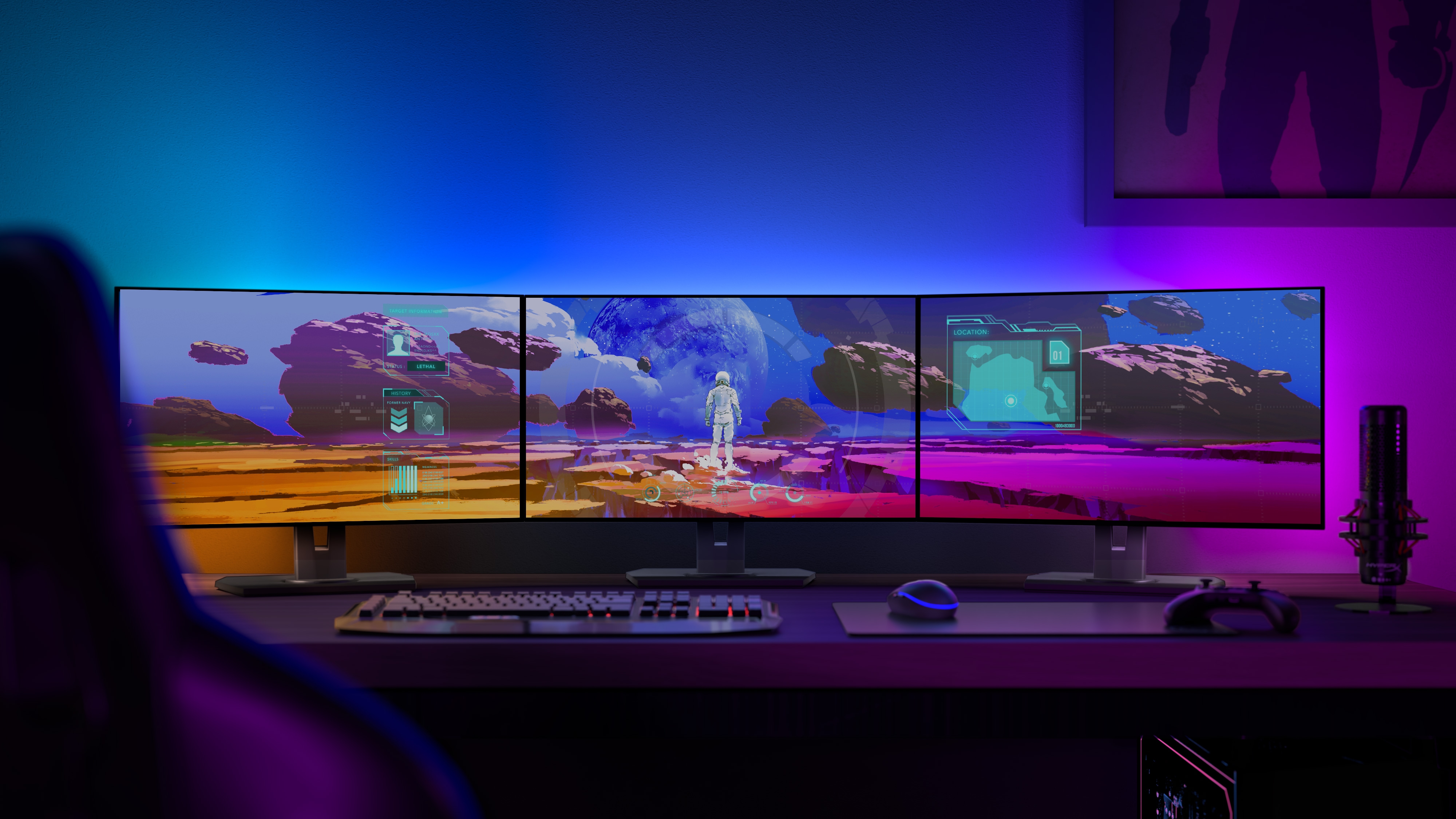Your Hackintosh's days might be numbered as Apple ends driver support for key components
The end is nigh.

iMore offers spot-on advice and guidance from our team of experts, with decades of Apple device experience to lean on. Learn more with iMore!
You are now subscribed
Your newsletter sign-up was successful
If you're someone who likes the idea of running macOS but just doesn't want to be beholden to Apple's hardware, the Hackintosh is likely something you've already come across. The idea of getting macOS Sonoma and earlier releases isn't a new one — it's been around for a long, long time — but it's one that could be coming to an end sooner rather than later.
Making macOS run on non-Apple hardware has long been something tinkerers have enjoyed, not least because it allows people to get Mac Pro performance for iMac prices. But the process can be complicated and the pitfalls are many. Now it seems Apple is finally putting an end to the Hackintosh, almost accidentally.
How? The company has finally dropped support for key Wi-Fi/Bluetooth cards whose drivers were key to making connectivity work on a Hackintosh, and that's bad news for those looking to update to the new operating system or start afresh. And it could signal the end of Hackintoshes as we know them.
All hacked out
That's what Hackintosh fan and developer Aleksandar Vacić has warned in a blog post that details exactly what's going down, at least.
"In Sonoma, Apple has completely removed all traces of driver support for their oldest WiFi/Bt cards, namely various Broadcom cards that they last used in 2012/13 iMac / MacBook models," the post explains. "Those Mac models are not supported by macOS for few years now thus it’s not surprising the drivers are being removed."
However, those who might suggest Apple's move was malicious might find that isn't the case at all. "Most likely reason is that Apple is moving drivers away from .kext (Kernel Extensions) to .dext (DriverKit) thus cleaning up obsolete and unused code from macOS. They did the same with Ethernet drivers in Ventura," the developer explains.
Those drivers were key to making Hackintoshes that worked with Apple's iCloud, iMessage, FaceTime, AirDrop, and other features and without them, compatibility goes out the window. The result? If you want to run macOS and have everything work, you're going to want a Mac from here on out. But don't worry too much, Apple makes some pretty good ones these days.
iMore offers spot-on advice and guidance from our team of experts, with decades of Apple device experience to lean on. Learn more with iMore!
More from iMore

Oliver Haslam has written about Apple and the wider technology business for more than a decade with bylines on How-To Geek, PC Mag, iDownloadBlog, and many more. He has also been published in print for Macworld, including cover stories. At iMore, Oliver is involved in daily news coverage and, not being short of opinions, has been known to 'explain' those thoughts in more detail, too.
Having grown up using PCs and spending far too much money on graphics card and flashy RAM, Oliver switched to the Mac with a G5 iMac and hasn't looked back. Since then he's seen the growth of the smartphone world, backed by iPhone, and new product categories come and go. Current expertise includes iOS, macOS, streaming services, and pretty much anything that has a battery or plugs into a wall. Oliver also covers mobile gaming for iMore, with Apple Arcade a particular focus. He's been gaming since the Atari 2600 days and still struggles to comprehend the fact he can play console quality titles on his pocket computer.
